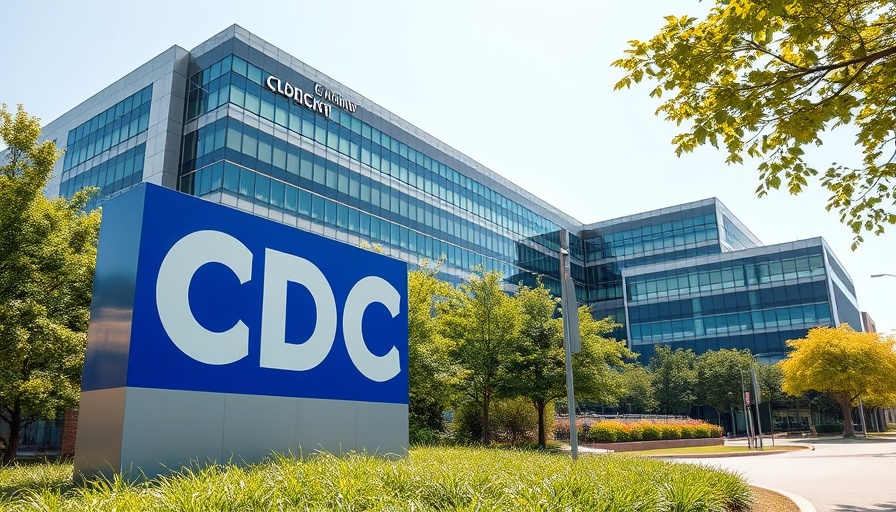
The First Meeting of CDC Vaccine Advisers: A Return to Normalcy
The recent two-day meeting held by the Advisory Committee on Immunization Practices (ACIP) marked a significant moment in the trajectory of vaccine policy under the new administration led by Robert F. Kennedy Jr. Despite rising concerns about potential political interference, the meeting proceeded without hints of disruption or dramatic shifts away from established norms.
Decisions That Shape Public Health Policy
During this meeting, ACIP members voted on several critical vaccine recommendations. Their decisions to expand meningococcal vaccine options and lower the age for RSV vaccine recommendations to include those aged 50 to 59 with specific risk factors were pivotal. These changes are important given the current trends in infectious diseases, as seen in the resurgence of measles outbreaks and the ongoing public health discourse around COVID-19 makes these updates particularly relevant.
Navigating a Changing Political Climate
Senator Lisa Blunt Rochester noted the importance of transparency in the proceedings, emphasizing that the public deserves insight into the future of national vaccine policy. This sentiment is echoed across the health community as they navigate public concerns exacerbated by misinformation and political agendas. In the current climate of public health challenges, these discussions are crucial not just for vaccine policy but for the trust in science and public health institutions.
Reflections on the Meeting's Impact
Katelyn Jetelina, an epidemiologist, commented on the meeting’s outcomes, noting that while it appeared to be 'business as usual', there are undercurrents of change. This reflects a concerning trend instituted by the previous administration, which cut funding significantly and placed individuals with anti-vaccine sentiments in powerful positions. These decisions have ramifications not only for public health policy but also for how policies are communicated and received by the public.
The Road Ahead: Future Meetings and Ongoing Discussions
The committee previewed future topics of discussion, including vaccines for flu and COVID-19, set to be addressed at the next public meeting in June. These upcoming discussions promise to be critical as stakeholders must consider both new data and public sentiment in their approach to vaccine recommendations.
Understanding Public Health in a Broader Context
The discussions held at these meetings go beyond vaccines; they are indicative of the broader public health landscape. The ongoing work of ACIP is a reminder of the importance of evidence-based decision-making in the face of conflicting narratives surrounding health interventions.
Conclusion: Emphasizing the Importance of Engagement in Health Policy
With each meeting, the ACIP not only addresses immediate vaccine-related issues but also engages in a critical dialogue with the public about health priorities. CEOs, marketing managers, and professionals in tech-driven fields can benefit from tracking these developments. Understanding public health trends can inform messaging strategies and improve engagement with communities around health initiatives.
As stakeholders involved in health and technology industries, staying informed about these changes can enhance both corporate social responsibility initiatives and foster community trust. It is essential for business leaders to emphasize the value that transparent and responsive health policies bring to society, as they can be instrumental in navigating a health landscape marked by uncertainty.
 Add Row
Add Row  Add
Add 




 Add Row
Add Row  Add
Add 

Write A Comment